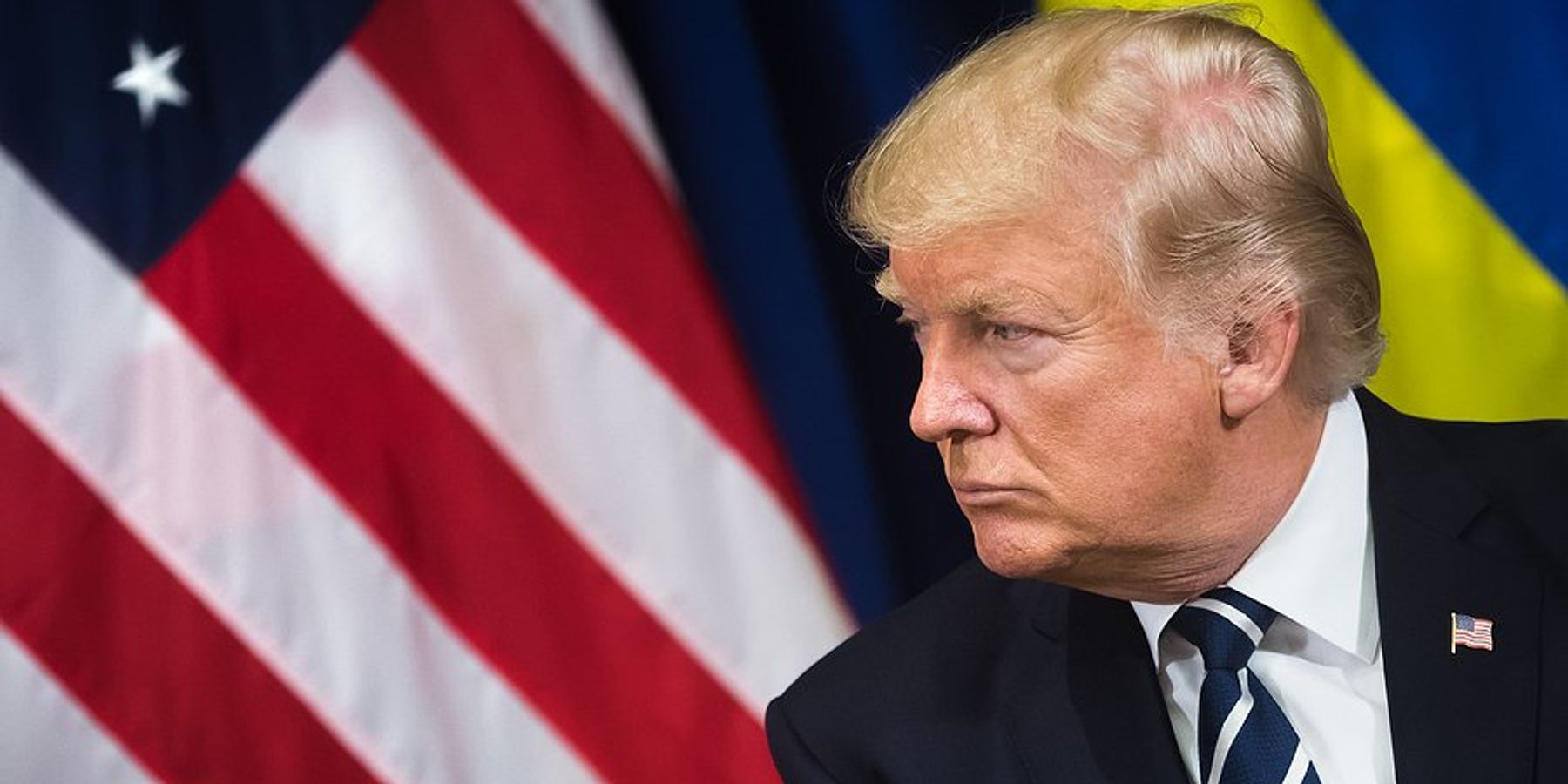Solar tax credit trading brings clean energy to underserved communities — but faces political risk
A tweak in tax law that made clean energy credits transferable has helped small developers build solar and wind projects in low-income areas, but congressional Republicans may roll back the benefit as part of federal budget talks.
Syris Valentine reports for Grist.
In short:
- The Boston Community Solar Cooperative plans to fund a new solar project in a low-income neighborhood by selling federal tax credits made transferable by the Inflation Reduction Act.
- Transferability, a 2022 change in federal law, has enabled $24 billion in renewable energy credit trades, helping smaller and community-based developers fund projects they couldn’t otherwise afford.
- Congressional Republicans are considering repealing or cutting these tax credits during budget reconciliation, despite most clean energy investments landing in GOP-led districts.
Key quote:
“Transferability was a godsend in many ways, because it simplified the process.”
— Derek Silverman, co-founder of Basis Climate
Why this matters:
Renewable energy development has long skewed toward wealthier regions and large corporate players. Making federal tax credits transferable leveled the playing field, especially for community-based solar cooperatives and projects serving tribal communities and low-income neighborhoods. These credits have helped displace fossil fuel dependence, reduce energy costs, and stimulate local jobs without forcing developers to take on risky debt. But their future is precarious. Efforts to cut federal spending or reshape tax policy — often framed as budget tightening — could gut the very incentives that made these projects viable. Communities already bearing the brunt of pollution and energy insecurity may lose out if the policy is reversed. The next few months of congressional debate will determine whether this critical funding stream remains intact or fades just as it's starting to show results.
Learn more: Opinion: Trump allies aim to take U.S. energy policy back in time













